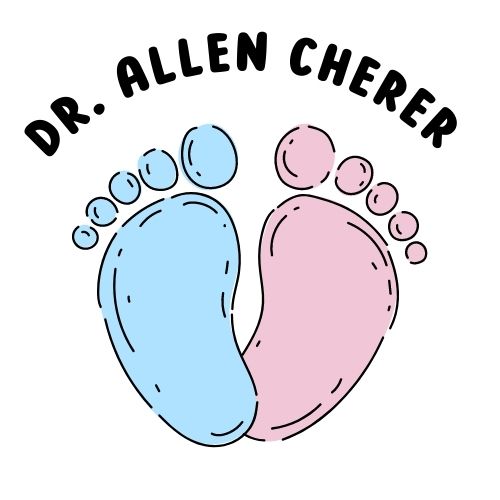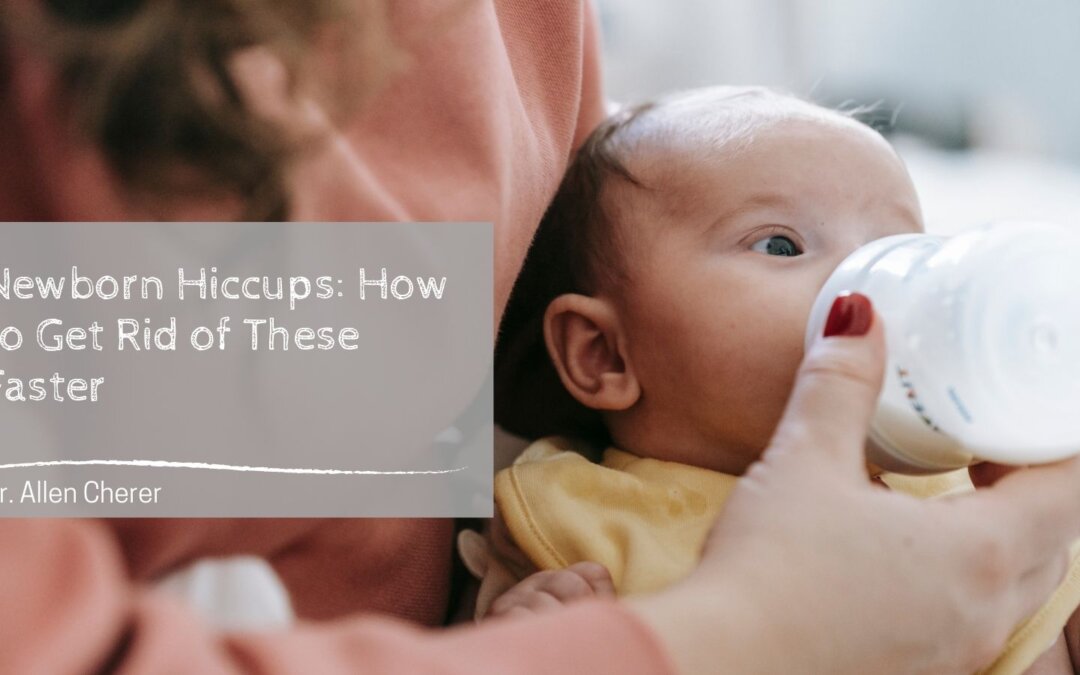Hiccups in newborns can be a common, though sometimes worrying, experience for new parents. You’re cuddling your baby, enjoying some quiet time, and suddenly they start hiccupping. It’s a natural reflex, but understanding how to reduce these hiccups can help keep your baby comfortable and ease your concerns.
Why Do Newborns Get Hiccups?
Hiccups are caused by sudden contractions of the diaphragm followed by the rapid closure of the vocal cords. This can happen for several reasons in newborns:
- Feeding too quickly: Rapid feeding can cause the baby to swallow air, which might lead to hiccups.
- Overfeeding: A full stomach can push against the diaphragm, triggering hiccups.
- Temperature changes: Sudden changes in temperature can cause hiccups.
- Excitement or stress: Just like adults, babies can hiccup when they are excited or stressed.
Tips to Get Rid of Newborn Hiccups Faster
- Burp Your Baby
One of the most effective ways to prevent and stop hiccups is to burp your baby during and after feeding. This helps release any trapped air in the stomach, reducing the likelihood of hiccups. Hold your baby upright and gently pat or rub their back until they burp.
- Adjust Feeding Techniques
- Pace Feeding: Feeding your baby more slowly can help prevent hiccups. If you’re bottle-feeding, use a slow-flow nipple to control the flow of milk.
- Smaller, More Frequent Feedings: Instead of large feedings, try giving your baby smaller amounts of milk more frequently. This can prevent the stomach from becoming too full.
- Change Positions
Holding your baby in a different position can sometimes help stop hiccups. Try holding your baby upright against your chest and gently patting their back. You can also try placing your baby on their tummy across your knees while supporting their head.
- Offer a Pacifier
Sometimes, the sucking motion can help relax the diaphragm and stop hiccups. Offering a pacifier can be a simple way to help soothe your baby and stop the hiccups.
- Gripe Water
Some parents find that gripe water, a mixture of water and various herbs, can help reduce hiccups. It’s always a good idea to consult with your pediatrician before giving your baby any new remedy.
- Distract Your Baby
Engaging your baby in a different activity can sometimes help stop hiccups. Try talking to them, singing, or gently bouncing them to shift their focus and help relax their diaphragm.
When to Worry
In most cases, hiccups are harmless and will go away on their own. However, if your baby seems to be in distress, if hiccups last for a prolonged period, or if they interfere with feeding or sleeping, it’s a good idea to talk to your pediatrician. They can help determine if there’s an underlying issue that needs attention.
Conclusion
While newborn hiccups can be a bit frustrating, they are generally nothing to worry about. With a few simple techniques, you can help reduce the frequency and duration of hiccups, making your baby more comfortable. Remember, every baby is different, so it might take a bit of experimentation to find what works best for your little one. And as always, if you have concerns, don’t hesitate to reach out to your pediatrician for advice and reassurance.

